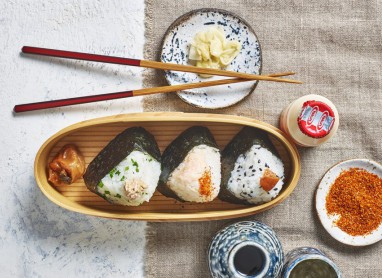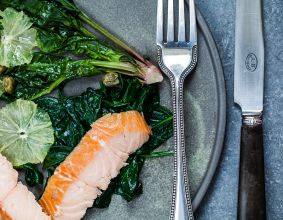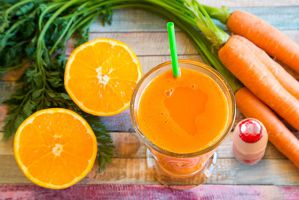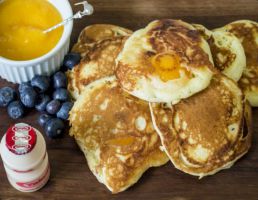"The science of feeling magical? A daily routine."


"The science of feeling magical? A daily routine."

A healthy body and mind need a healthy diet. And good food not only provides us with the fuel we need every day but it's essential for the functioning of the digestive system too. With a few simple and easy improvements to your diet, you can positively affect the health of your gut.
Be inspired by Yuki Gomi's recipes, providing you with an authentic taste of our Japanese heritage. 
Need inspiration, why not try one of our recipes?

See our delicious smoothie recipes

Brighten up your mornings with our breakfast recipes.

Aim to eat five portions of fruit and vegetables each day; choose a varied range and go for a rainbow of colours. Where you can, eat them raw with the skin on for extra fibre. Frozen vegetables and dried fruits count too – as do juices. Although remember, juice only counts as one portion, no matter how much you have.
Fibre is essential for good digestive health; it provides the bulk to our food, helping it to move through the gut. Good sources of fibre include fruit and vegetables, pulses (such as lentils and beans), grains and cereals. Switch refined carbohydrates such as white rice, bread and pasta for wholegrain varieties, which contain significantly more fibre.
Some bacteria that live in the digestive system work to keep the gut healthy as well as beneficially influencing the immune system. But you can also help beneficial bacteria to multiply in your gut by eating prebiotic foods.

Prebiotic carbohydrates occur in the Allium group of plants (onions; garlic; leeks), and in asparagus and artichokes, as well as to a lesser extent in beans and pulses and some cereals, e.g. oats.

Good sources of protein include lean meat, eggs, fish and dairy products. However, it's important to be aware that some sources of animal protein contain a high amount of fat, so go lean where possible. Proteins are essential and are building blocks for the body. And therefore, they are important for growth and repair. In addition, they are vital for a large number of processes within the body.

Drinking regularly keeps your mouth fresh as oral bacteria stay on the move. And it also helps your gut flush out waste, preventing constipation. Aim to drink eight to ten glasses of liquid each day – this can include fruit juice, tea and cordial as well as water.
It's not just about what you eat – but how you eat. Eat slowly and chew your food well – this releases enzymes which kick-start digestion and hormones which will reduce the amount you want to eat. It also ensures that food reaches the stomach in manageable slivers. If food is not chewed properly, stomach enzymes and acid have to work harder to break it down, which can cause bloating and heartburn.